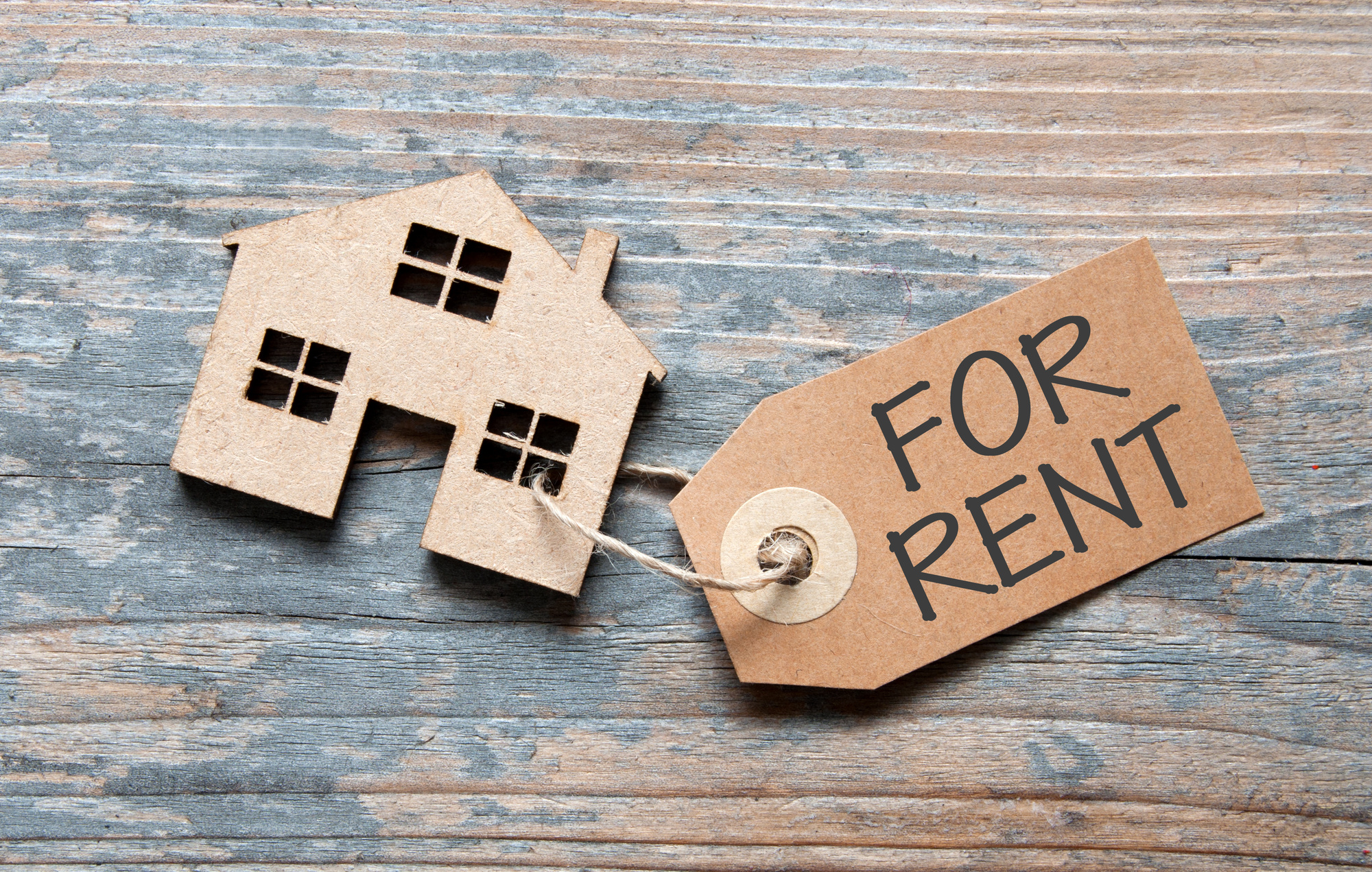How to Get Started Making Money With Rental Properties
It’s true, the rental market isn’t on as much of a stratospheric rise as it has been in the last decade or so. But, rents across the vast majority of the US still rose or stayed the same last year.
If you already own rental properties, you’ll know that it’s a steady and reliable investment that can make an impressive amount of money on the side, or even as your whole income. If you’ve been thinking about becoming a landlord, what’s stopping you?
Saving for your down payment can take months or years. Also, finding the best real estate agents, brokers and property managers can be daunting if you don’t know where to start.
We’re going to break down the essential things you need to know to get your start in investing in rental properties. Read on to find out how you could be making money as a landlord.
Your First Steps to Start Investing in Rental Properties
So, you’ve decided that investing in rental properties is the money-making side hustle for you. There are lots of other ways to enter the world of real estate investing, but buying homes to rent to tenants is potentially the most rewarding, personally and financially.
One of the most important things that we recommend for new rental property investors, is to plan your goals for the future.
Stay committed to putting money aside every month to save for your down payment and other costs. Think about your long-term goals to buy property and don’t get distracted by other short-term investments or spending.
Knowing your market is a key factor for making smart rental investments. The brokers at Coldwell Banker Mountain Properties say it’s really important to know the area when you’re buying a property. You’ll be able to make the better decisions, get to know up and coming neighborhoods, and spot good deals fast.
For a first time investor, you should start small. Don’t go buying a 10-bedroom mansion with acres of grounds as your first purchase! A smaller property means that if you hit a few stumbling blocks, you should have enough money set aside to correct them.
Before you even start browsing the property websites, you need to do the math. You should know exactly how much money you’ll need for all your upfront payments and an estimate of your monthly income and outgoings.
Good Professionals Will Help You Find the Best Rentals
Part of your preparation should be to search for a good real estate agent, lender and contractors or maintenance people that you can trust and rely on.
A good real estate agent will know the local area well. They’ll help you find good deals in your preferred neighborhoods and will work hard to submit the best offers for you to get that perfect rental.
Unless you’re lucky enough to have the spare cash to pay for a property in full, you’re going to need a mortgage lender.
For your first property, you’ll be able to get a mortgage with any standard bank, eligibility permitting. But, as you get more investments under your belt, you’ll find that these banks won’t want to keep lending to you for more and more mortgages.
If you’re planning on buying more than four rental properties, you should find a portfolio lender. These are local banks that don’t sell their loans and are open to financing multiple mortgages. Having a portfolio lender for all your properties will making managing your investments so much easier.
How Much Money You Need to Be a Successful Investor
We’ve already told you how important it is to stick to your saving goals to get ready to buy the first of your rental properties. But how much should you be saving?
You’ll also need a 20% down payment, as well as enough money to cover the closing costs, legal fees, and inspection charges. Depending on the property you buy, you should also have the money you need to do any necessary repairs straight away.
Next, you need to think about the ongoing costs. You’ll have to budget for mortgage payments, taxes, insurance, property management fees, any necessary maintenance or repairs that come up, utility bills, and perhaps condo fees as well.
All these monthly expenses should add up to a figure lower than what you will charge for rent.
Having a contingency is essential for any smart landlord. With property and the housing market, you never know what might go wrong. Try and keep six months’ worth of expenses in reserve.
Get Organized for the Long Term
Unless you want to learn some plumbing and electrical skills, getting a property manager will give you peace of mind for your investments.
You can work with them to make sure your tenants know who to contact if something goes wrong or when they need a repair. It takes away the stress and means you don’t have to be on call 24/7.
When you’re making repairs and improvements, keep your budget at the forefront of your mind. You may love those marble kitchen worktops, but for your rental property, a cheaper choice is fine.
If you put some attention into choosing your tenants, you’ll be rewarded. Check that they have good references and a stable income. They’ll appreciate the efforts you make to be a good landlord and in return will pay rent on time and keep your property in good condition.
Alternatives to the Standard Buy-to-Let Properties
If you have your finances in place and know what you’re looking for, then a standard buy-to-let is a great option. But, if you’re looking to get started with less money, or you’d like to diversify your portfolio, take a look at these three options:
Turnkey Rentals
This is a property that doesn’t need any repairs and is sold in perfect condition for tenants to move straight in. The best turnkey rentals will also already have a property management company in place and a tenant ready to move in, so you can start making money on your investment immediately.
Multi-Occupancy Properties
This is a great option for those who want to start with a small, easily managed investment. By buying a property with two or three units, and living in one of those units yourself, you’ll be able to closely manage your investment and save on living costs at the same time.
Owner Occupant Investments
Some mortgage lenders offer special rates for owner occupants. This is when you agree with your lender to live in the property yourself for the first year after you buy it. After that, you’re able to rent it out to tenants.
Down payments for this type of mortgage are usually much lower, at around 5% or less. You can move from one owner occupant property to another every year and slowly build your rental portfolio.
It’s Never Too Late to Start Earning Money as a Landlord
Becoming a landlord is one of the best ways to make extra money alongside your job. If you invest wisely, make good contacts with real estate agents and lenders, manage your rental properties well and keep on top of the market trends, you could soon have enough regular income to do it full time.
For more ideas about how to leave your job and make money on your own terms, read our other articles for inspiration.



